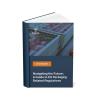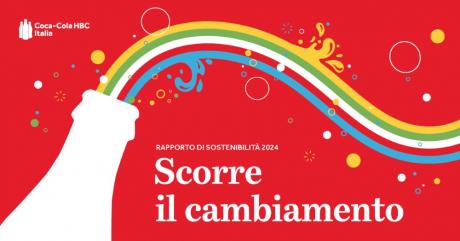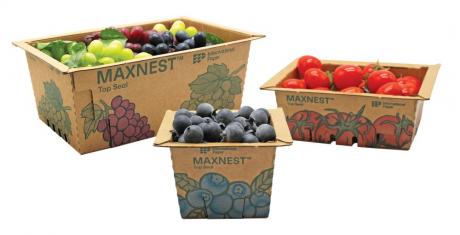Immagine di rawpixel.com su Freepik
The latest edition of “Osservatorio Packaging del Largo Consumo”, the survey on consumer packaging published by Nomisma, was presented on the occasion of the nineteenth edition of Marca 2023, the fair dedicated to the modern retail sector held in Bologna on 18 and 19 January 2023.
Involving a sample of over 1,000 consumers between 18 and 65 years, the new study is focused on the role that sustainable packaging plays in the food purchasing habits of Italians, in a scenario characterized by inflation and an unfavorable economic situation.
In order to offset the effects of inflation on household budgets, 88% of Italians are adopting strategies centered on savings, ranging from the reduction of waste (in 58% of cases), to the purchase of discounted products and services (51%) up to giving up the purchase of products/services considered superfluous (45%).
Against this background, sustainability continues to play an important role for Italians. For 35% of respondents, sustainability combined with attention to the environment is a key factor, while 57% say to be aware of this aspect. Specifically, energy and water savings is the factor to which 80% of households pay more attention, followed by food and beverages (77%), and mobility and travels (56%).
For Italians, sustainability also means making purchasing choices which take into account the characteristics of packaging, an aspect which has become increasingly important for 92% of respondents.
In this scenario, sustainable packaging increasingly defines food purchasing trends, so much so that, in the last 12 months, 65% of Italian households have chosen products featuring more sustainable packaging. At the same time, 19% stopped buying a certain product because its packaging was deemed not sustainable. A product without overpacking (58%), fully recyclable (56%), using less plastic (47%) has the three sustainability features most sought-after in food packaging.
The label also plays an important role for today's more demanding and attentive consumers. The information on the label which most influences food purchase choices are the origin of ingredients (in 54% of cases), the packaging recycling method (48%), the product’s production methods (40%), the environmental impact of the packaging (38%), the supply and process chain (36%).
One in five Italians, however, is not satisfied with the information available to assess the sustainability of food and beverage products and food packaging. In particular, 76% of Italians would like to find images or scores on the label which indicate the food and packaging sustainability level.









